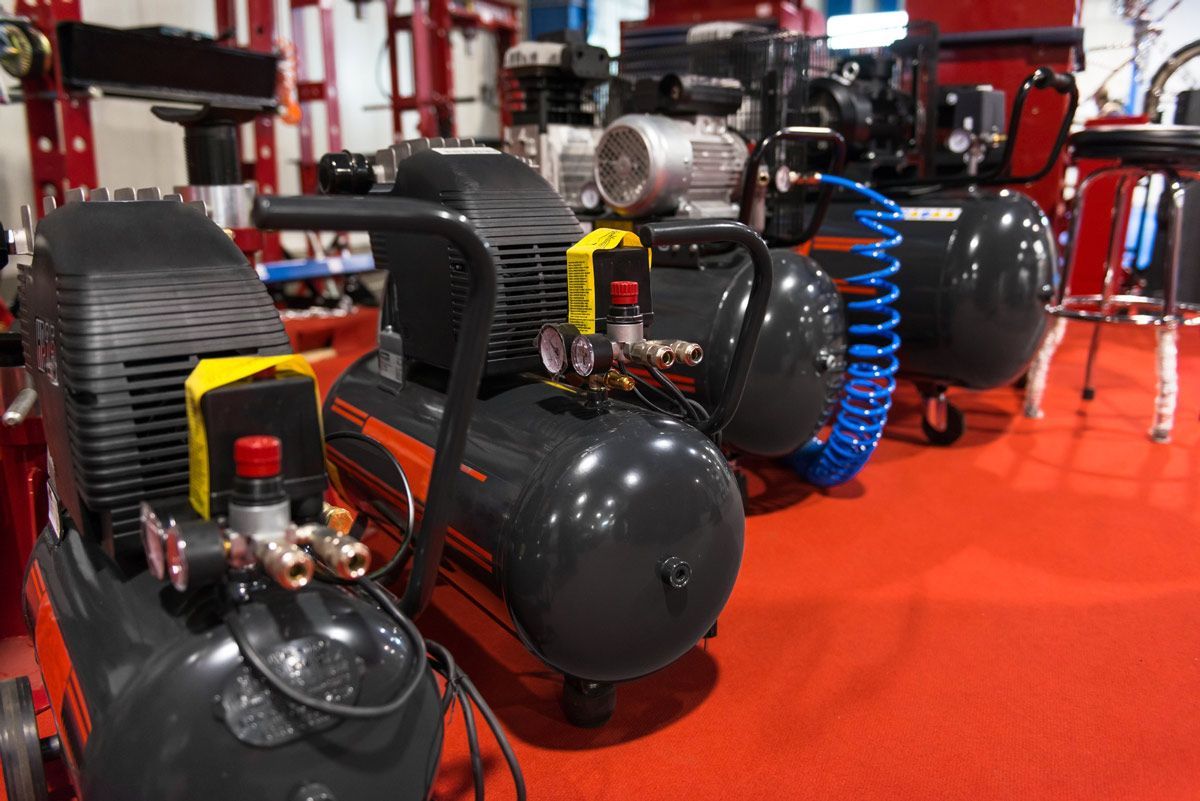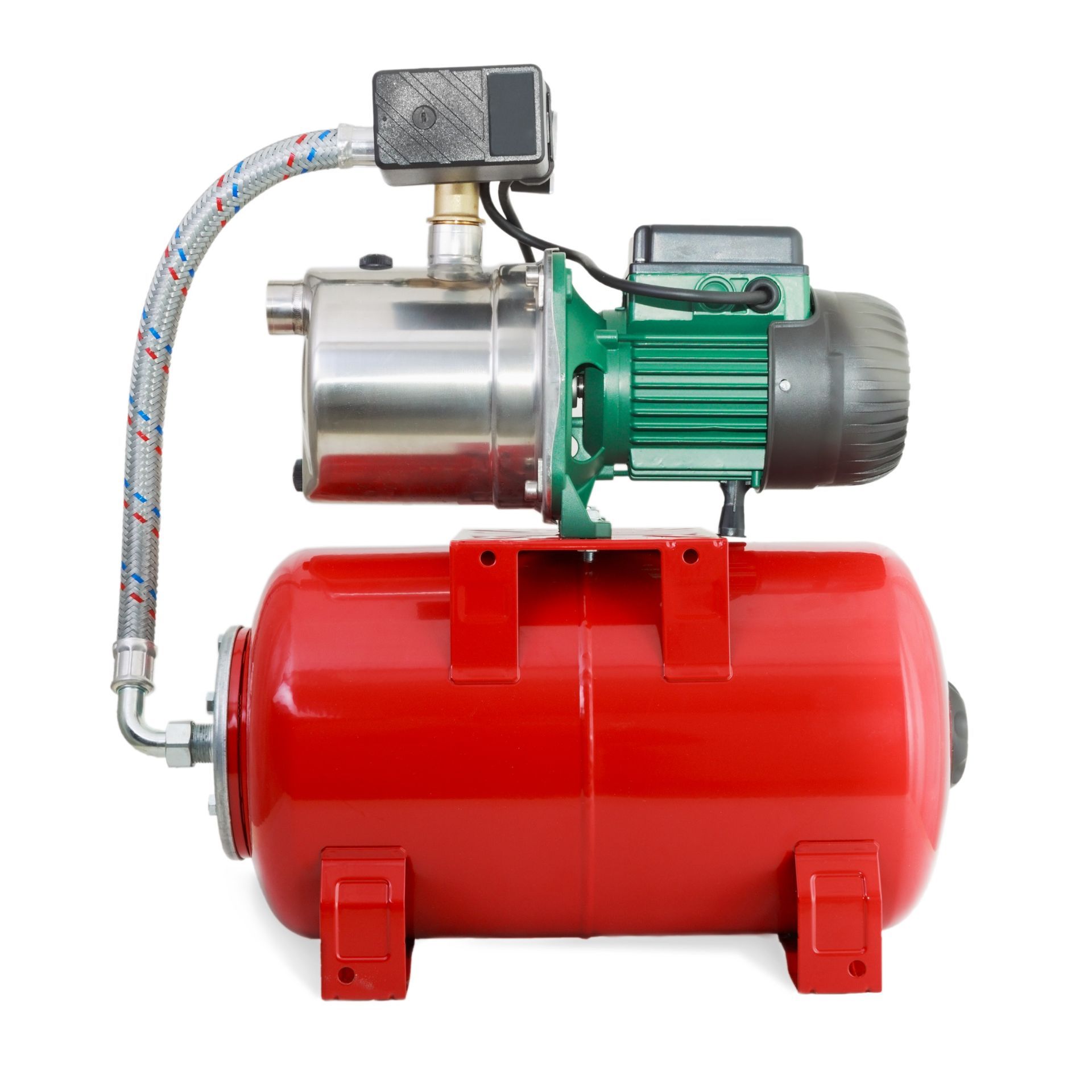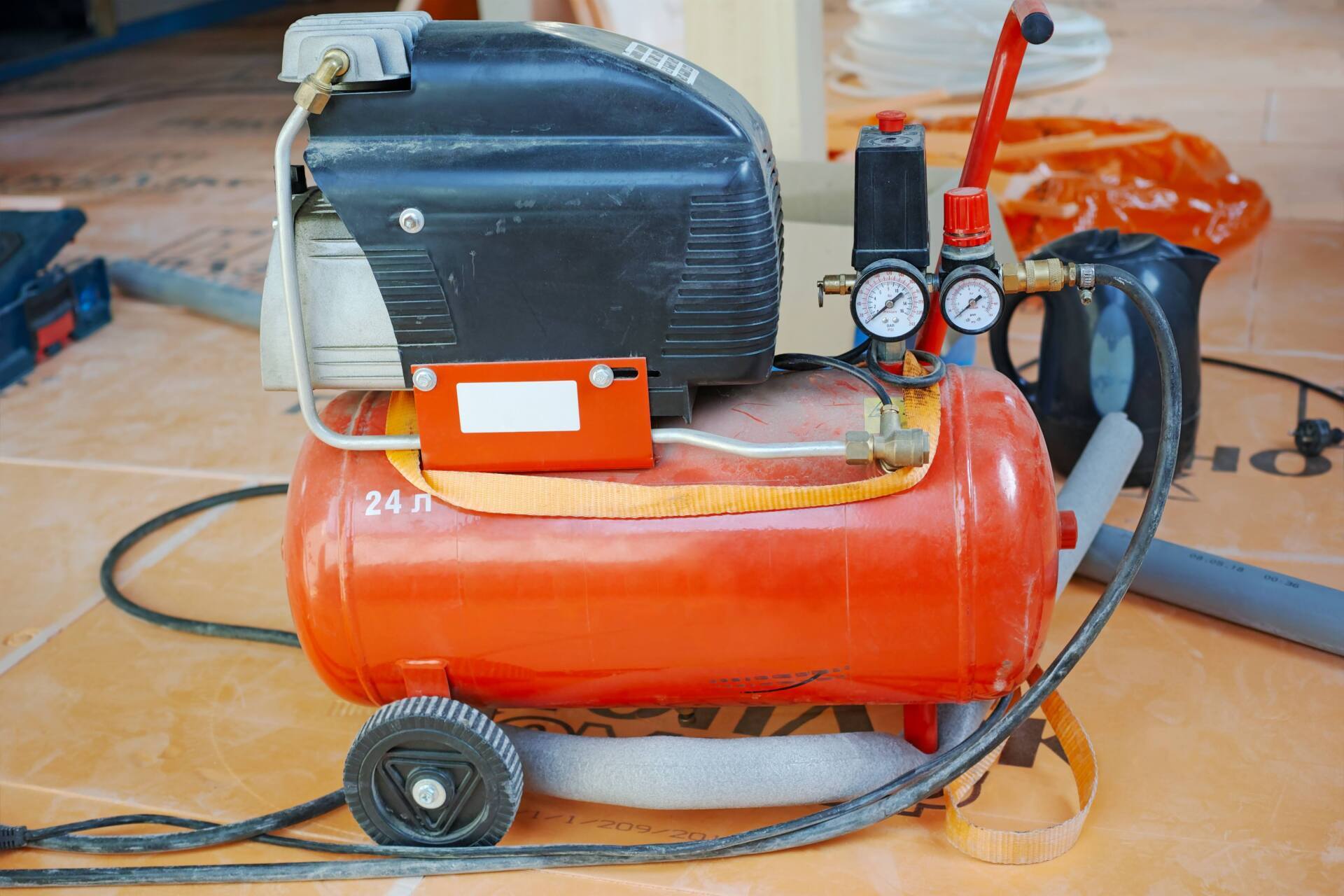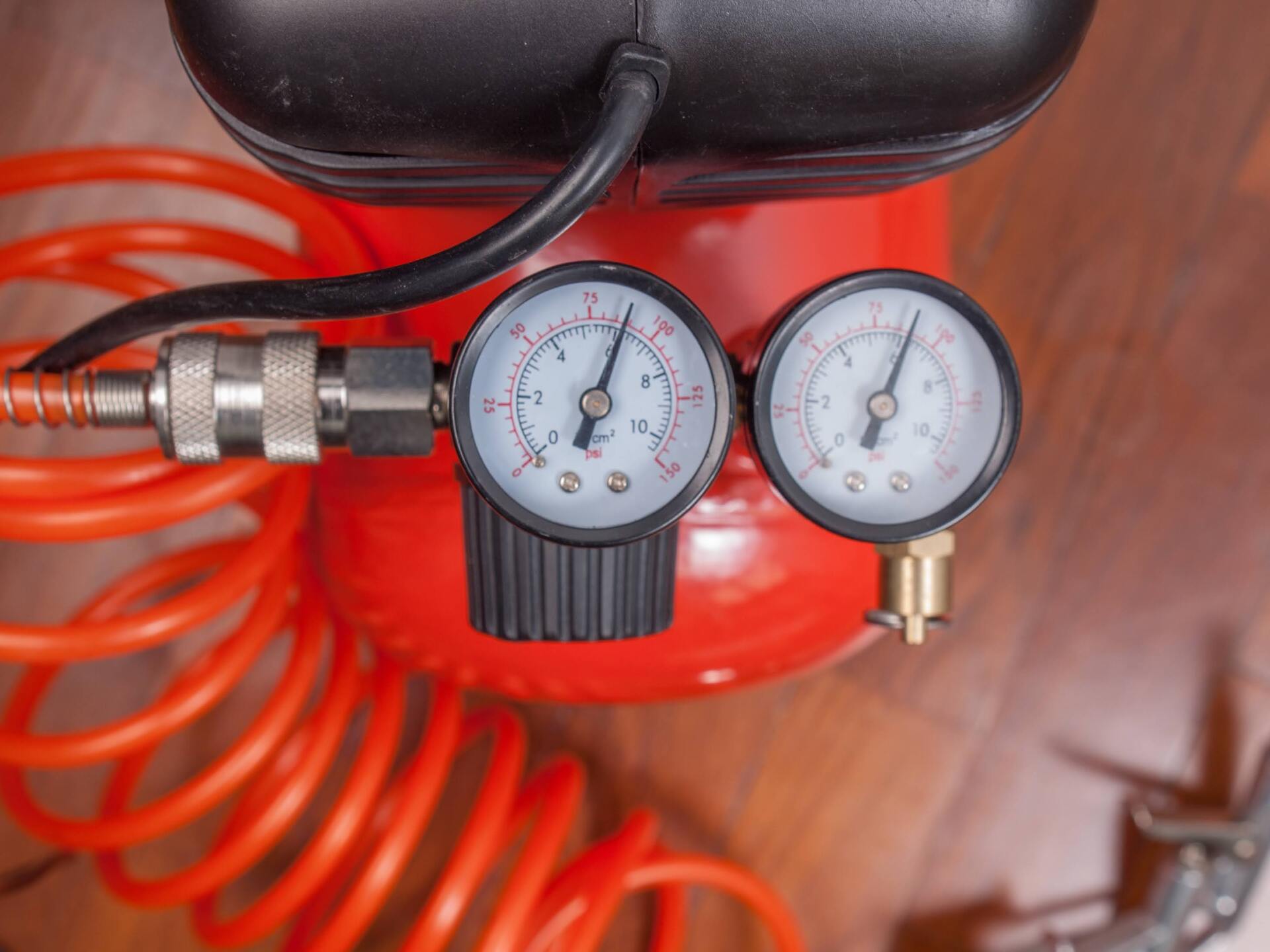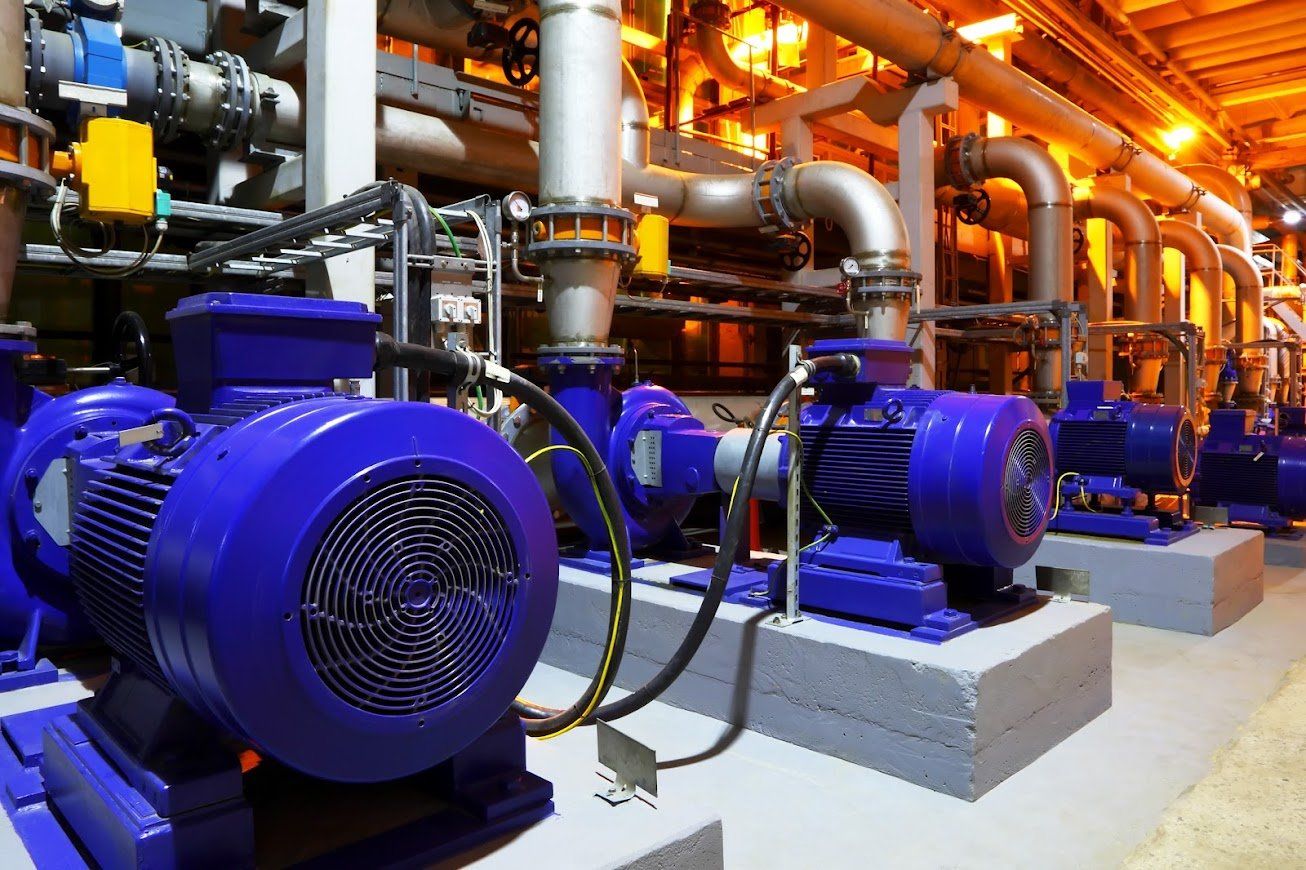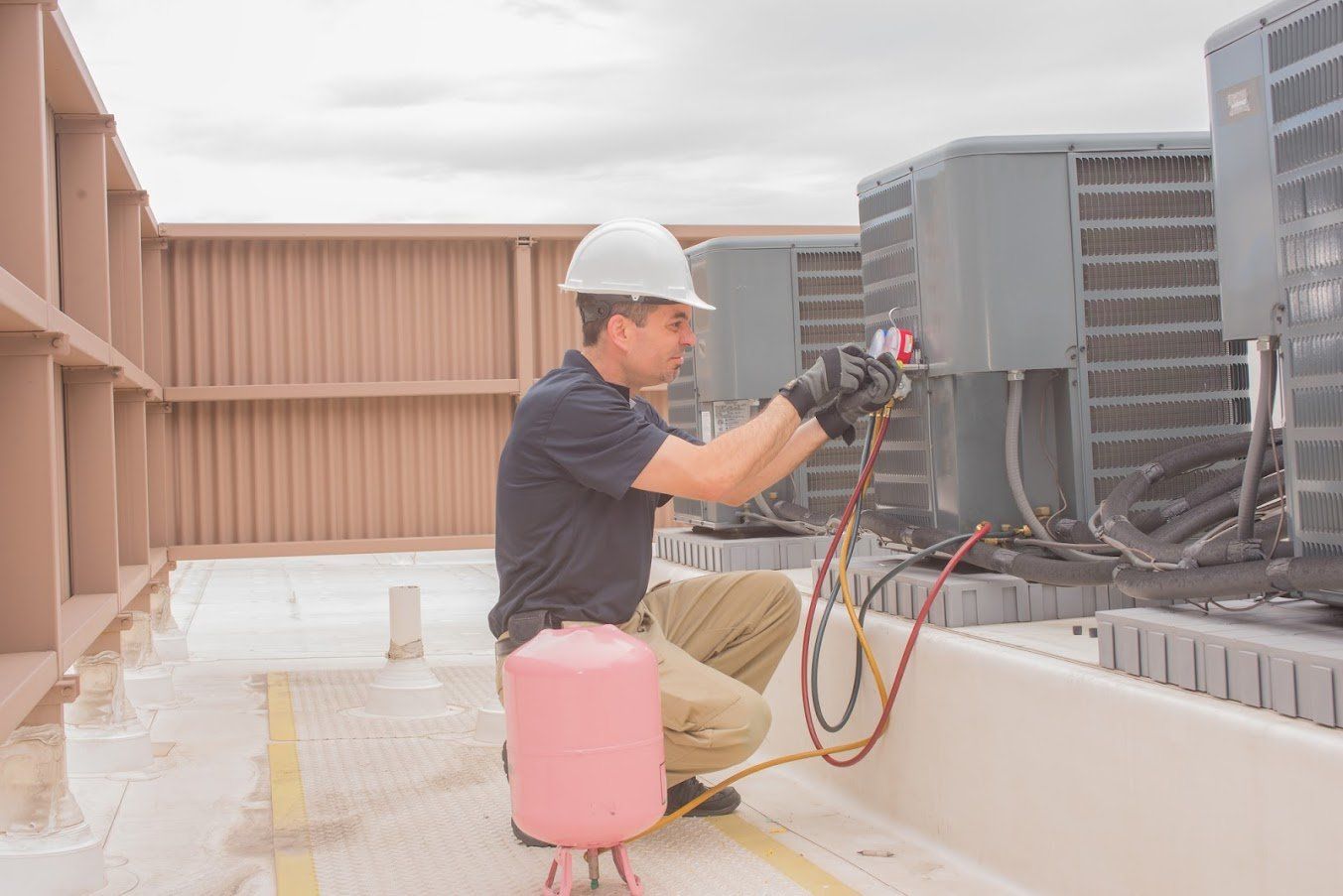Factors for Choosing an Industrial Filter for Your Compressor
Factors for Choosing an Industrial Filter for Your Compressor
- By Compressed Air Systems
- •
- 13 Jul, 2022
- •
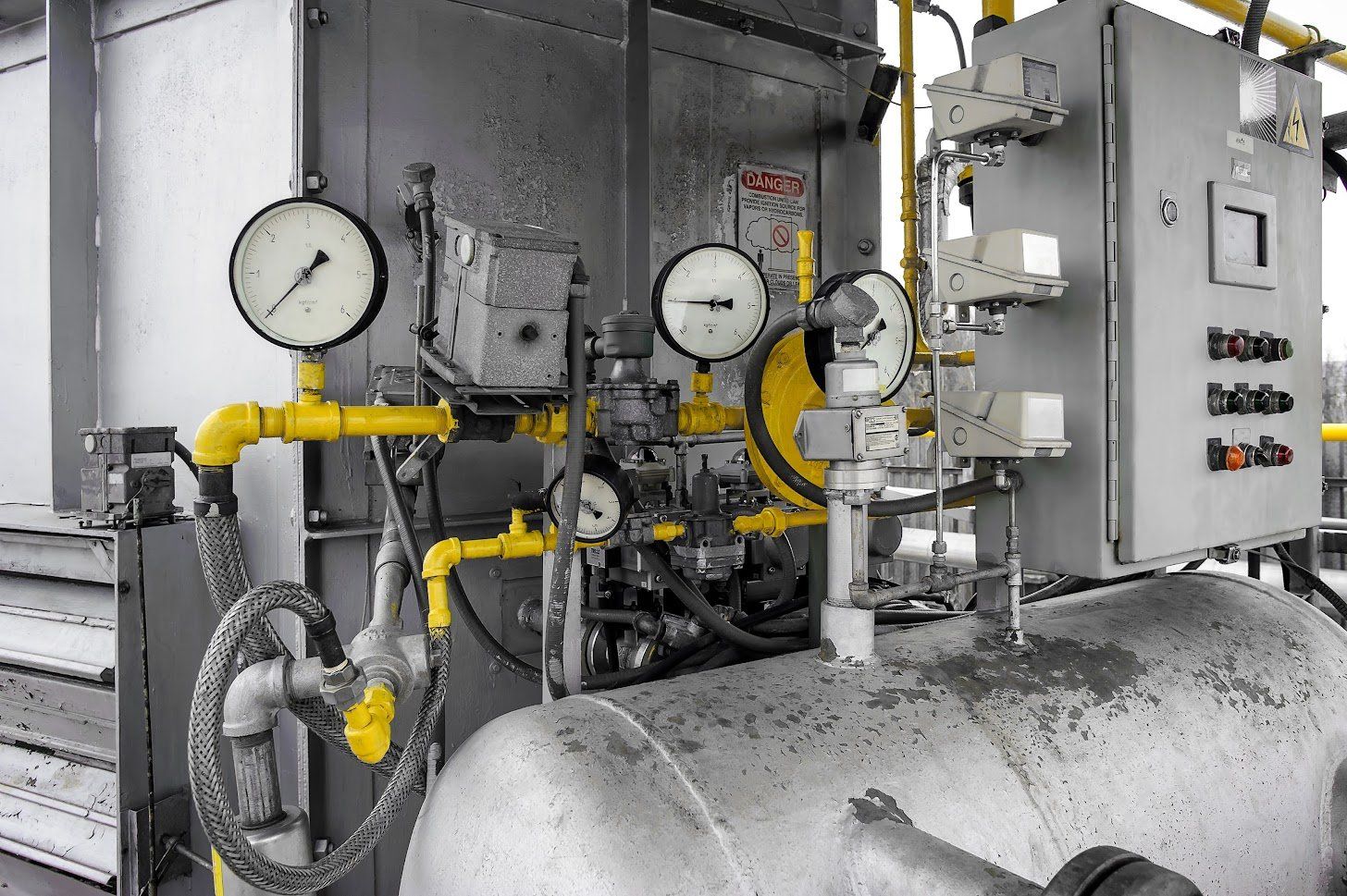
Compressor air filters are crucial for equipment protection and product safety. Nonetheless, your filter choice differs based on different factors. With the different types of filters available in the market, use the factors below to guide you to make the best selection.
Purification Standards and Ratings
Any air filter should adhere to ISO 8573 standards. Failure to adhere to these standards puts you on the wrong side of the law and could attract lawsuits. So, examine the model you choose and buy from reputable brands to maintain the appropriate standards.
Air filter rating refers to the smallest particles your filter can trap. Most industrial filters are either five or 40 microns. But, other dimensions such as 20, 25, and 75 microns are also available but in lower frequencies. If your industry line is very sensitive, you can find a filter that captures tiny particles of one micron or below.
Flow Capacity or Pressure Drop
Air filters come in different sizes, each designed to handle a specific flow capacity. The capacity that passes through your equipment at any time causes a pressure drop. Thus, the greatest pressure drop across your filter should inform the appropriate size you need for your compressor.
A higher pressure drop increases the electricity necessary to compress the air. In most cases, fine-rated filters increase your pressure drop. So, avoid very fine ratings unless your operations need the finest filtration. Generally, the ideal pressure drop for your filter should not exceed five PSIG.
Compressor Type
Your business could either have a reciprocating rotary screw or a centrifugal compressor. Each type of compressor has different air filters that would fit and work best. For example, if you use a rotary screw compressor, a coalescing filter will be essential to remove the oil used to cool the compressor. On the flip side, centrifugal compressors are oil-free, so you have a low need to filter oil vapors.
Your seller or manufacturer might ask about the compressor you use to guide you on the ideal filter. Alternatively, check your original instruction manual to find details of the perfect filter. Otherwise, the wrong filter may not fit or filter particles well.
Particle to Be Filtered
Air filters usually come in three types: general-purpose, activated-carbon, and coalescing filters. Each category handles a different kind of contaminant:
- General-purpose filters. These remove solid pollutants like rust scale and dust.
- Activated carbon filters. These use carbon from charcoal to remove vapors and lubricant gasses.
- Coalescing filters. These remove fine particles like water oil and paint fluid.
Your operations determine the particles you handle and the kind of filter to install. For instance, a cement company is prone to solid pollutants and would use general-purpose filters. Nonetheless, you might still have to install two or all categories for your compressor.
Nature of Operations
Filters apply in compressors throughout many industrial applications. The line of work and associated contaminants determine your ideal type of filter. For example, if you produce a lot of gas, you will need carbon filters to keep chemical fumes and odors away from the air.
Besides, filters always trap particles with every use. So, you must clean and replace the filters with time. If your compressor often works for a long time, the amount of trapped pollutants also increases. So, you will have to clean the filter more often. Also, frequent use increases the tear and wear rate, increasing the replacement frequency.
The ideal air filter for your compressor depends on a combination of the above factors. Nonetheless, if you are still unsure, Compressed Air Systems is a call away to guide you. If you need an industrial air compressor, air filters, and other parts of a compressor, don't hesitate to contact us.
- Mon - Fri
- -
- Sat - Sun
- Appointment Only






Serving Whatcom, Skagit, Snohomish King, and Pierce Counties.


